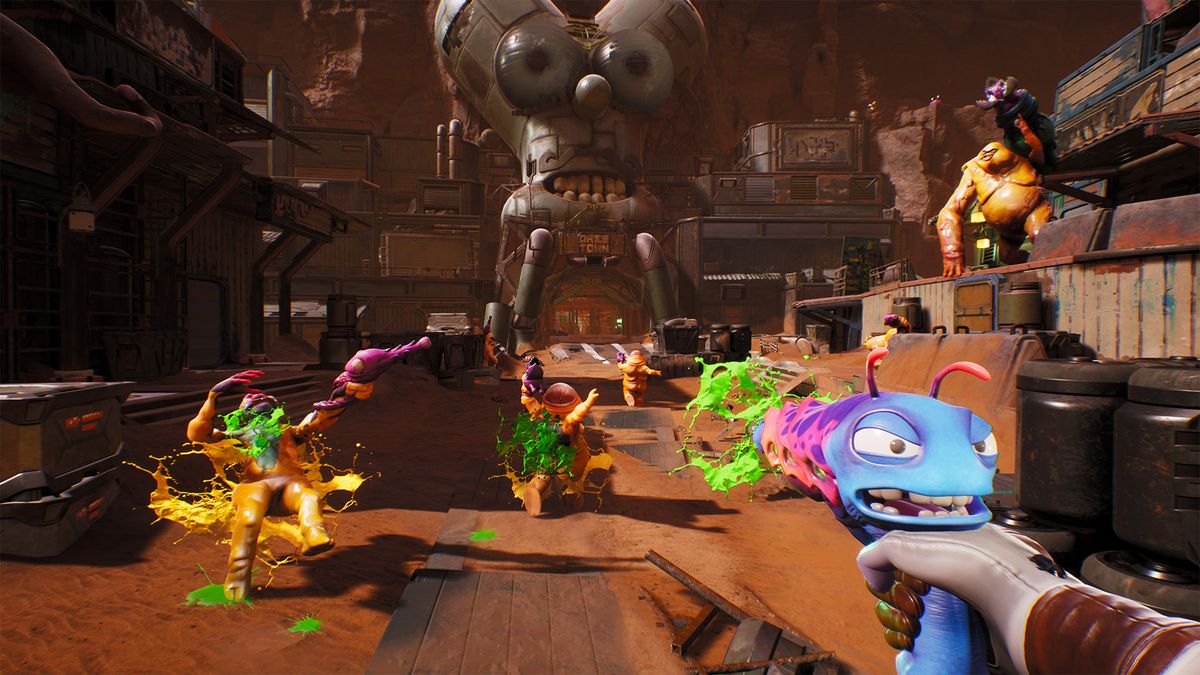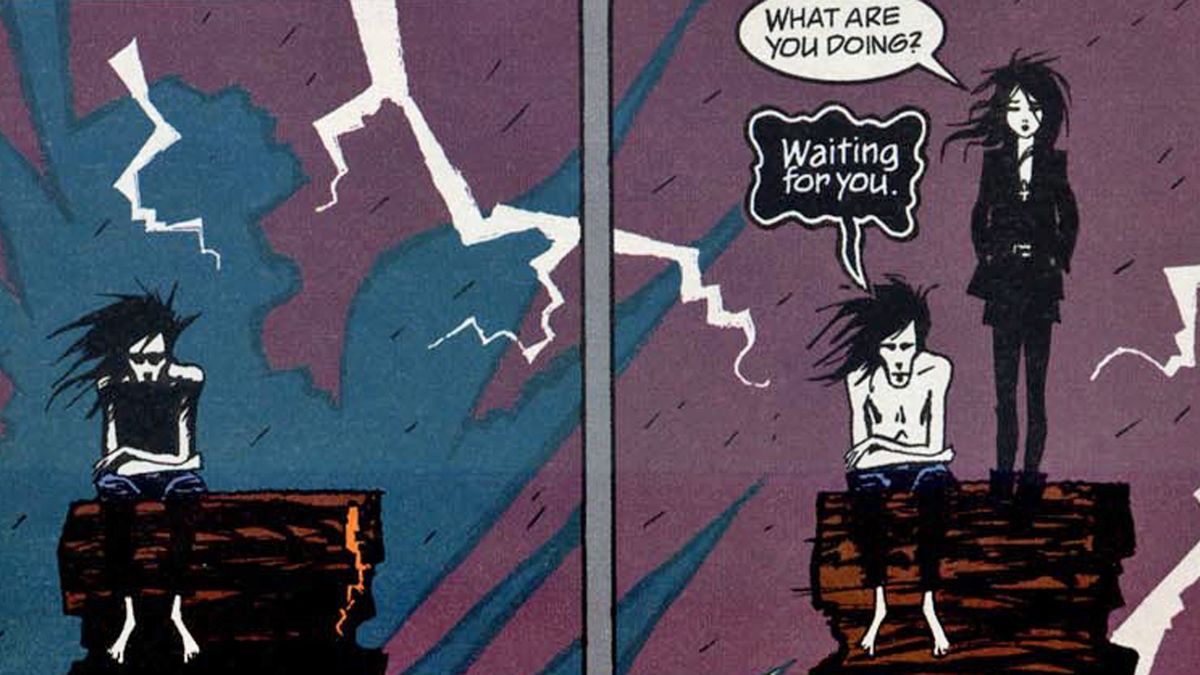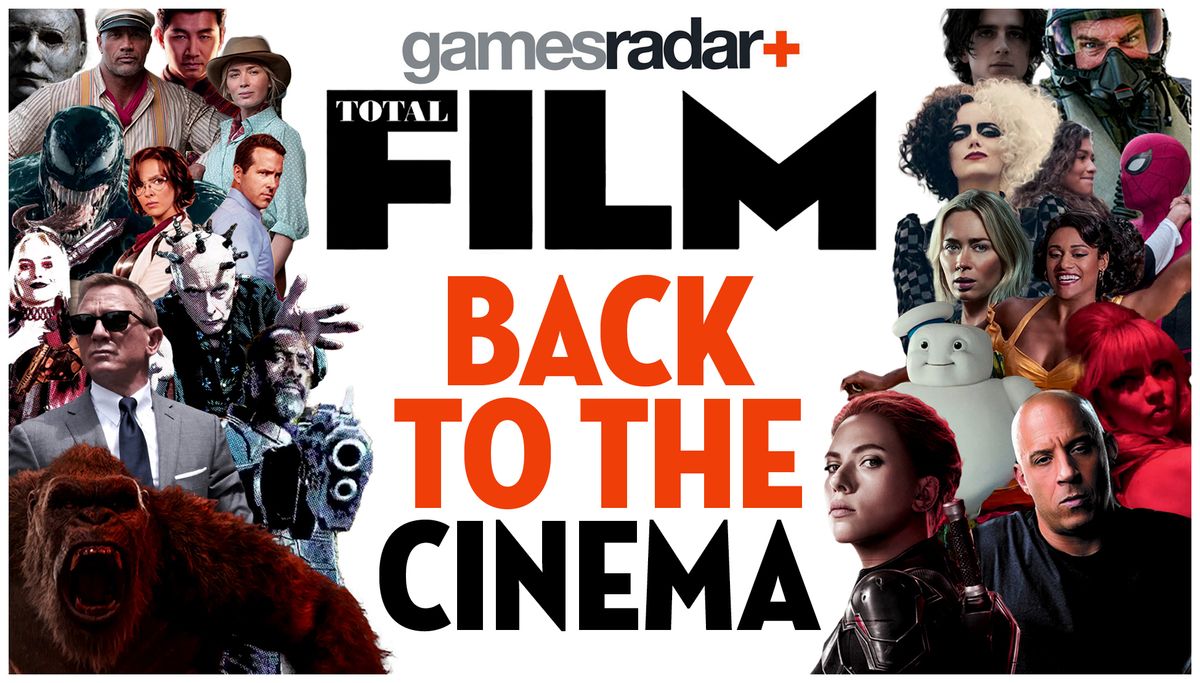Easy Rider (1969)

Why It’s The Best: The counter-culture classic sees hippy bikers Wyatt (Peter Fonda) and Billy (Dennis Hopper) cutting a swathe through the American Southwest, meeting a disparate bunch of picaresque characters en route.
Hopper and Fonda, who direct and produce respectively, perfectly capture a cross-section of a country at a crossroads, in a film that’s as thoughtful as it is freewheeling.
Defining Moment: Wyatt, Billy and two prostitutes go off on an LSD-fuelled psychedelic trip.
Persona (1966)

Why It’s The Best: Ingmar Bergman’s searching existential drama could be accused of pretension, but it avoids any such charge through sheer intelligence. Nurse Alma (Bibi Andersson) is charged with caring for mute actress Elisabet (Liv Ullman), and the two women’s personalities slowly begin to merge.
It’s not exactly light-hearted viewing, but it’s made endlessly rewarding through Bergman’s engaging treatises on identity, performance, art and filmmaking, and Sven Nykvist’s starkly beautiful cinematography.
Defining Moment: The split screen shot in which Alma and Elisabet’s faces appear to merge into one.
A Hard Day’s Night (1964)

Why It’s The Best: It’s sensible to approach musicians’ movies with more than a shred of caution, as they’re often little more than shameless vanity vehicles. Not so with The Beatles, who achieved considerable results with their big-screen efforts.
A Hard Day’s Night showcased the lads at their most ebullient, as Richard Lester directs them in a fictionalised 36-hour run-up to a gig. The songs are the real stars, but the musical numbers are punctuated with fun comedy moments.
Defining Moment: The fab four beat a hasty retreat from hordes of Beatlemania-stricken girls.
Planet Of The Apes (1968)

Why It’s The Best: Classic sci-fi that’s more highly evolved than any of the sequels, TV shows or ‘reimaginings’ that were spun off of it (at least until worthy prequel/reboot Rise Of The Planet Of The Apes came along).
Planet… comes loaded with political subtext and social commentary, but it also works on its own terms as an exemplary genre piece, aided by superb monkey make-up and that twist.
Defining Moment: “You maniacs! You blew it up! Ah, damn you! God damn you all to hell!”
The Loneliness Of The Long Distance Runner (1962)

Why It’s The Best: A key piece in the British kitchen-sink movement, Loneliness… works just as well when viewed outside of its social and artistic context.
Tom Courtenay is Colin, a borstal lad with a gift for cross-country jogging which offers him the chance of escape: not only sprinting freely (in scenes with dynamic cinematography from Walter Lassally), but competing in a competition with a local school that could provide his ticket out.
Defining Moment: The race itself, which doesn’t exactly require a photo finish. Classic ’60s anti-authoritarianism.
To Kill A Mockingbird (1962)

Why It’s The Best: Robert Mulligan’s adaptation of Harper Lee’s novel gave Gregory Peck the defining role of his career in Atticus Finch, the lawyer who defends a black man charged with rape in a fictional Alabama town in the ’30s.
As well a Peck’s spot-on casting, the film has another asset in Mary Badham, playing the six-year-old Scout (the novel’s narrator), who brings a natural energy and innocence to the proceedings.
Defining Moment: Robert Duvall’s Boo Radley reveals his true colours.
What Ever Happened To Baby Jane? (1962)

Why It’s The Best: Sibling rivalry takes a sinister turn in this tale of two sisters. Blanche (Joan Crawford) and Jane (Bette Davis) have both had various degrees of acting success throughout their lives, but in the present, they’re washed up and cynical.
Unnervingly creepy throughout, the hags war, bicker and torment each other within the claustrophobic confines of their mansion.
Defining Moment: Jane revisits the old times by bursting into a rendition of ‘I’ve Written A Letter To Daddy’ only to be horrified when she glimpses herself in a mirror.
The Trial (1962)

Why It’s The Best: Orson Welles wrestles a classic novel onto the big screen, in an adaptation that’s both accurate to the text and uniquely stylised in its own right.
Anthony Perkins is Josef K, the unlucky bloke who wakes up one morning to find out that he has been arrested for an unnamed crime. Perfectly capturing the novel’s spiralling paranoia, The Trial features some seriously striking set design, all modernist lines and ominous shadow.
Defining Moment: The opening pinscreen animation of Kafka short ‘Before The Law’ (pivotal to The Trial ), which is narrated by Welles.
La Dolce Vita (1960)

Why It’s The Best: Marcello Mastroianni starred as the creatively-crippled film director in Federico Fellini’s 8½ , but in the pair’s other ’60s masterpiece he’s a disenfranchised journo, flitting aimlessly from scene to scene over the course of a week in Rome.
As he drifts from party to party, and woman to woman, the ambling movie takes time to examine the loftiest of themes from love to family and religion to celebrity, all in glorious style.
Defining Moment: The night-time dip in the Trevi Fountain.
The Innocents (1961)

Why It’s The Best: It’s a chillingly effective adaptation of Henry James’ literary spooker, The Turn Of The Screw . Deborah Kerr’s governess is tasked with caring for two young orphans at an idyllic country estate.
The scares come slowly and steadily, with director Jack Clayton choosing to cleave close to the source material by playing it satisfyingly ambiguous, right up to the closing frame.
Defining Moment: The flashforward opening (paired with the endlessly unsettling theme song) that hints at the unreadable events to come.
Current page:
Page 1
 Game News Video Games Reviews & News
Game News Video Games Reviews & News



